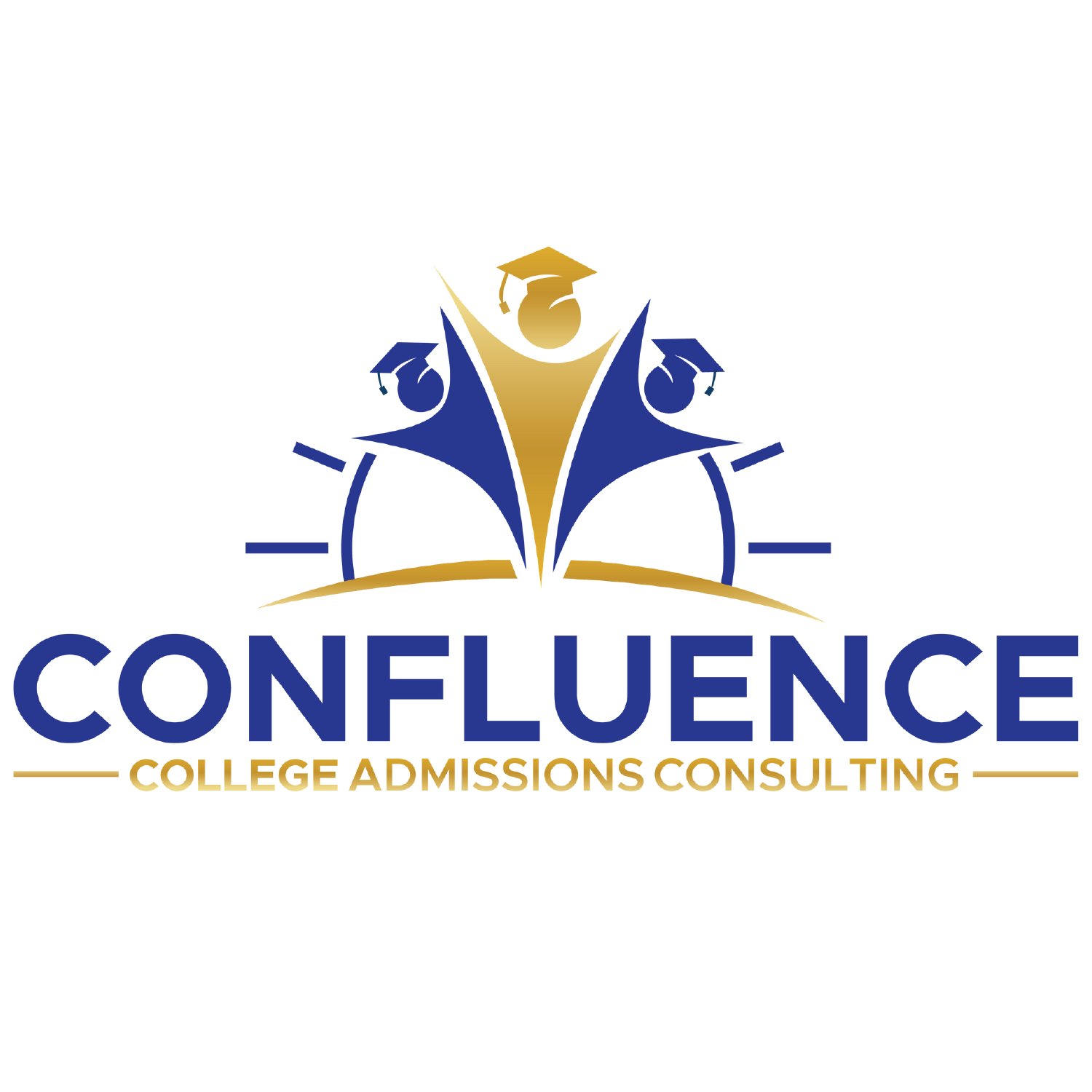Falling in “like” with colleges
When students are in the midst of researching and visiting colleges, it’s always nice to hear them report that they’ve fallen in love with a particular school. Visiting a college, you can get a good feel for the personality and atmosphere at that school, and as a visiting prospective student you may immediately feel welcome and at home there.
While it’s great when this happens, I caution students about developing tunnel vision and focusing on a single school. If it’s a selective school, there’s always the chance you’ll get rejected there—even if your application materials are strong. There’s also the possibility the school will offer less financial aid than you were expecting, or none at all. For these reasons, I encourage my clients to “fall in like” with multiple schools.
Let’s take a look at Jacob’s journey. Jacob is a senior in high school. Jacob is thoughtful, kind, and well-liked by his teachers and peers. He loves backcountry activities such as backpacking and whitewater paddling, and he hopes one day to pursue a career in wilderness therapy. Jacob has a GPA of 2.8, and he chose not to take any standardized tests such as the ACT or SAT. Jacob’s personal statement for the Common App is compelling to read but still a little rough around the edges, even after multiple revisions with me. The organization, mechanics, and sentence variety are much improved from his initial draft, but there are still a few clumsy transitions and odd turns of phrase. The voice in the essay is unmistakably his, and he reports it’s the piece of writing he’s most proud of.
Jacob toured a number of colleges last spring and summer, and his top two schools were CU Boulder and the University of Vermont. Although we agreed that these were “reach” schools for Jacob, I think Jacob was secretly hoping that his teacher recommendations (which I’m sure were very positive) and his essay would be enough to get him accepted to at least one of these schools. Unfortunately, he didn’t get accepted at either one.
But there’s good news. Jacob applied to several other schools, including some where we felt more confident that he’d be accepted. One of these was Prescott College in Arizona. Prescott follows a block plan, in which students take one course at a time in four-week blocks. I believe Jacob will thrive academically in small classes where he can immersive himself deeply in one subject at a time. And he will appreciate Prescott’s commitment to environmental studies, sustainability, and social justice—not to mention the opportunity to spend a block in the backcountry of Baja California or rafting down the Colorado River. In all honesty, I believe it’s the best fit school for him. I think even he has come around to this point of view.
A few takeaways:
While it is true that a great personal statement or letter of recommendation can make a difference on a college application, most colleges and universities default to “measurables” such as GPA and test scores. If these are well below the average of the school’s most recent freshman class, your likelihood of being accepted is low.
Being rejected or waitlisted is part of the process. Most students who apply to at least one “reach” school experience this. Do not attach your sense of self-worth to the outcome of a college application.
It’s okay to fall in love with a “reach” school or two, so long as you “fall in like” with some safer schools. As the process unfolds, you may discover that a school you thought was a backup turns out to be the one that’s the best fit.
Try to maintain a flexible mindset. This will serve you well not only during the college application process, but in life.
If your high school grades are low, your options will be more limited. That’s okay. Consider attending a “safety” school or a community college. Once you demonstrate you can perform well academically, you can potentially transfer later on to one of the schools that was higher on your list. But you might not want to, once you’ve started building relationships with faculty and peers.
And finally, working with an independent college admissions consultant isn’t something that’s only beneficial to students applying to Ivy League schools. Even if you weren’t a star athlete or an academic wizard in high school, there’s probably a great school out there for you—and I’d love to help you find it. To learn more, schedule your free consultation today!
